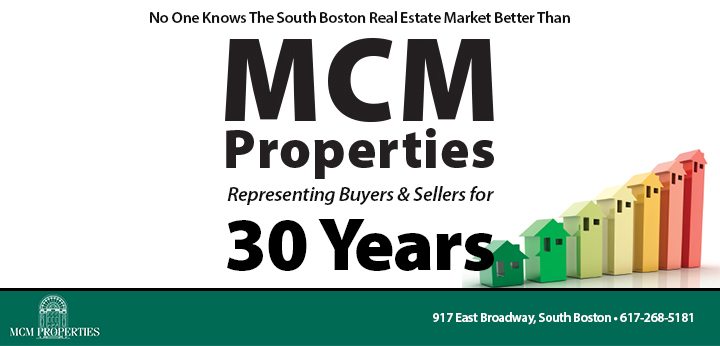Boston City Councilor Ed Flynn announced this week that he is eager to begin discussions regarding Mayor Walsh’s recently filed ordinance on short term-rental platforms in the City of Boston. Flynn praised Mayor Walsh for his actions to address the issues related to short-term rentals, which impact neighborhoods throughout the city. Boston must look to close any potential loopholes and ensure this ordinance protects our neighborhoods from large corporations depleting our housing stock.
Specifically, Flynn will look closely at the “investor unit” classification, noting other cities like Nashville have voted to eliminate the entry of new investors, as well as setting a timetable for current investors to exit the market. Moreover, Flynn will study whether the 90-day limit on rentals is appropriate.
Flynn said, “Mayor Walsh has shown strong leadership in taking this step to address the issues pertaining to short-term rental platforms in Boston. It has become clear that high concentrations of corporate, short-term rentals are increasing costs and driving displacement in our neighborhoods. There are public safety and quality-of-life issues that must be addressed as well.”
“We must also focus on absentee landlords skirting the rooming house laws – essentially creating mini-hotels for profit. These actions gouge the rental market and create a shortage of rents that working people can afford.”
Flynn cited data compiled by the Alliance for Downtown Civic Organizations (ADCO), which concluded:
- Chinatown is experiencing the most rapid AirBnB growth – three times that of Boston and 37 percent annual growth.
- Boston’s ownership/listing concentration statistics nearly double those of New York and Washington, D.C.
- The number of AirBnB units owned by multi-neighborhood hosts is almost four times the average for other major U.S. cities, stressing the residential fabric of our communities.
Flynn conveyed that he would work closely with his colleagues on the City Council to examine both the “investor unit” classification and the 90-day limit on rentals. In addition, Flynn would look at registration and public safety inspection requirements for the city.
Flynn said, “It is my hope that this regulation will strike the appropriate balance and begin to alleviate the concerns of our residents regarding the rental market, the public safety aspect and quality of life issues that have arisen and maintaining the residential feel of our neighborhoods.”












